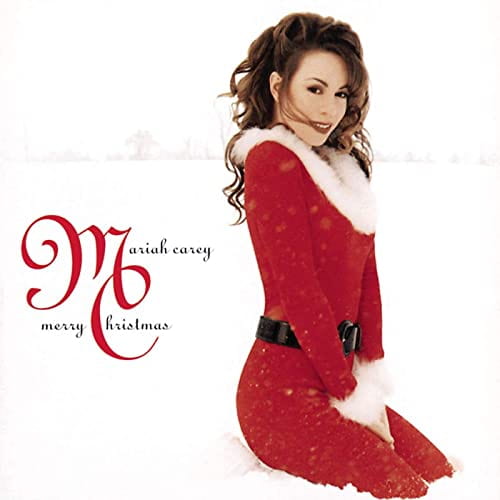General Information About Item:
- Verbal Lore, Song
- Language: English
- Country of Origin: United States
- Informant: Joseph Kramer
- Date Collected: 10-22-2021
Informant Data:
- Joseph (Joe) Kramer is a male Dartmouth student in the class of 2022. Joe and his family live in Westwood, New Jersey. Joe has a currently undeclared major at Dartmouth but plans to graduate with degrees in Economics and Psychology. He plays the tight-end role for Dartmouth’s NCAA Division I varsity football team and is involved in various finance student organizations around campus. He plans to play a fifth year of football and will graduate after Fall 2022.
Contextual Data:
- Cultural Context: Mariah Carey’s “All I Want For Christmas Is You” was released in 1994 and became an immediate icon of American Christmas. Practically every year since its release, the song has climbed the charts of every United States music streaming platform to become the most played song during the holiday season.
- Social Context: This account was mentioned when the interviewee was asked about their favorite Christmas traditions. Joe was extremely excited to talk about his experiences with Mariah Carey’s song and even began singing the song during our interview.
Item:
- Joe’s favorite memory of “All I Want For Christmas Is You” stems from a party called GDXmas that his fraternity Gamma Delta Chi (GDX) organizes every fall. He recalls being on the dance floor within the GDX house’s basement – approximately 100 people, dressed in extravagant Christmas-themed clothing, had been dancing to various Christmas songs with mild enthusiasm. When Mariah Carey’s famous song played on the speakers, every person in the basement sang the lyrics with ardent vigor. It was a very emotional moment – when the song finished playing, people cheered and demanded a replay of the song. Joe recalls this experience as one of his fondest at Dartmouth.
Transcript:
- “My favorite memory of that song was during the GDXmas party two years ago. There were like 100 of us in the basement, and everyone had ridiculous Christmas outfits on. “All I want for Christmas” came on, and literally every person in the basement began belching the lyrics. A bunch of us put our arms around each other, and some of the girls were crying to the song. It was insane and super emotional. When it ended, everyone was clapping, cheering, and screamed for an Encore, and the whole 3-minute experience relived itself. Definitely one of my favorite memories at Dartmouth.”
Informant’s Comments:
- “If I could hear it 100 times on Christmas, I would. You literally don’t need another Christmas song.”
Collector’s Comments:
- Personally, the song I associate the most with the Christmas holiday is certainly Mariah Carey’s “All I Want For Christmas Is You”. I found Joe’s account of his experience with the song to be fascinating, and I could envision myself on that dance floor – the song is an American icon and truly invokes the joy-filled emotions of Christmas. The song itself is certainly folkloric – since its release, the song has been shared and transmitted in modern American culture. Most Americans heavily associate the song Christmas and revisit the track every year to bring about the celebratory emotions of the holiday.
Collected By:
Evan Fu, 21
Palo Alto, CA
Hanover, NH
Dartmouth College
RUSS013
Fall 2021




